Fishing
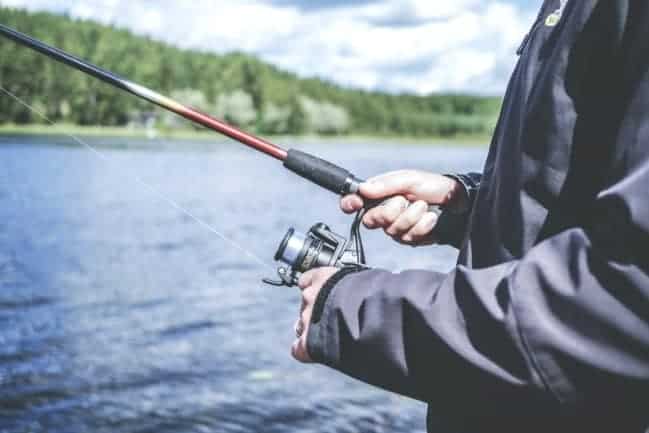
Best Fishing Line for Spinning Reels in 2024
Every angler knows that the best spinning reel is one investment worth spending money on for all-purpose fishing. From fishing with bait, bobber fishing, or even ice fishing, it is the reliable gear you will not regret buying. And along with it, the best fishing line for spinning reels will make it a complete fishing adventure package….
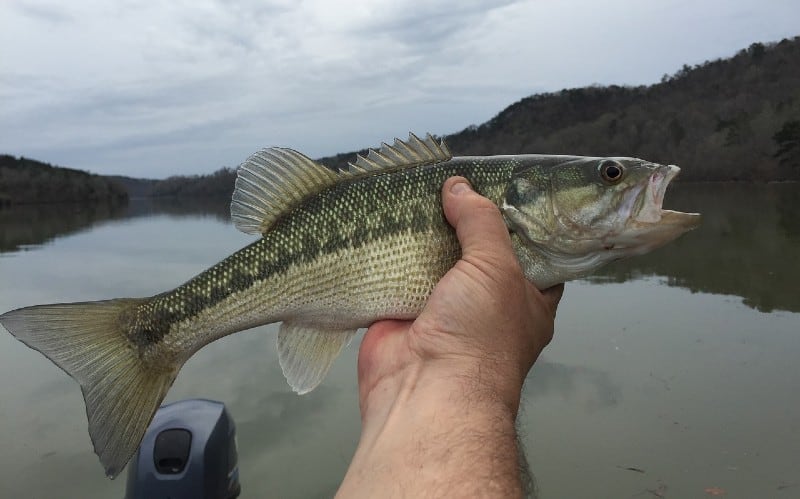
What Do Bass Eat?
Asking what do bass eat has been a question taken on by many bass anglers. But to answer what do bass eat, you need to know what a bass is first. There are literally dozens of fish that people refer to as bass and not all of them actually are. Knowing the different between largemouth…
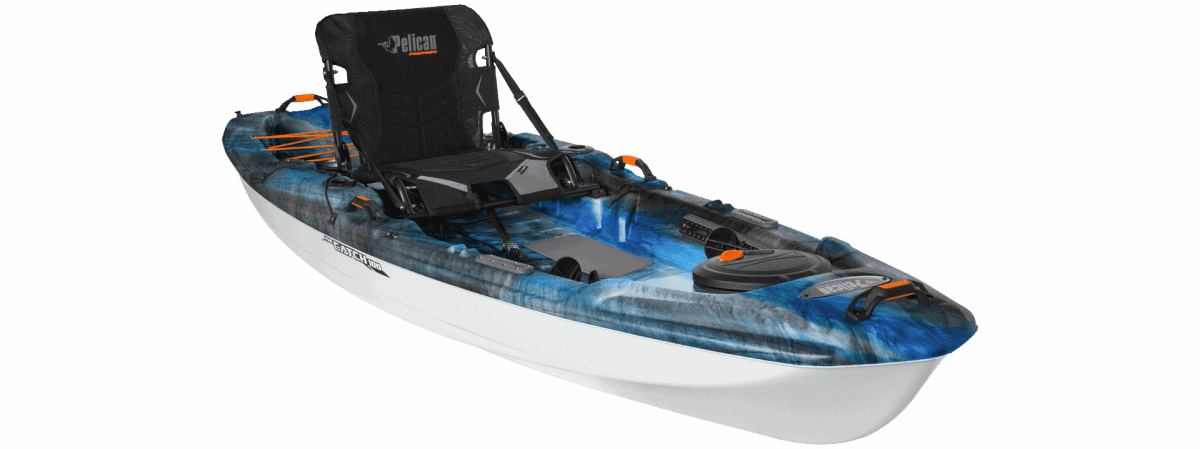
Pelican Catch 100 Angler Kayak Review
Kayaking is an effective and fun way of engaging in physical and recreational activity. Not only does it provide a low-impact workout, but it also enables you to immerse yourself in nature. It is a water activity that can be thrilling and exciting at the same time. It’s perfect if you want to explore and…
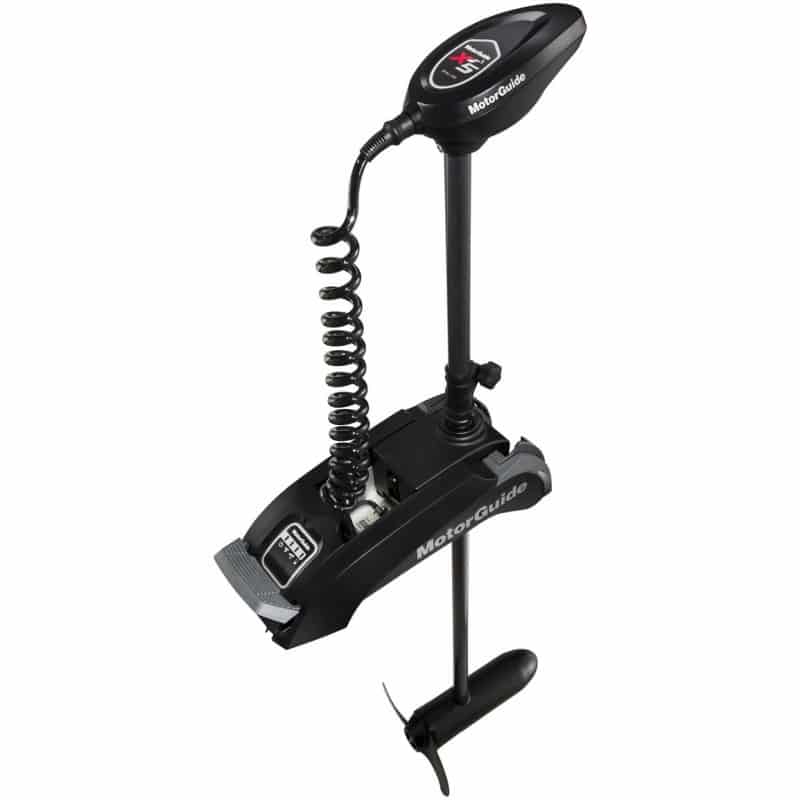
MotorGuide Xi5 Trolling Motor Review
Fishing is made easier when you are on the right boat. Quiet motors are important so that you won’t scare away the fish you are aiming to catch. The MotorGuide Xi5 is one of the best trolling motors on the market regardless of the water body you want to fish. The MotorGuide Xi5 is the…
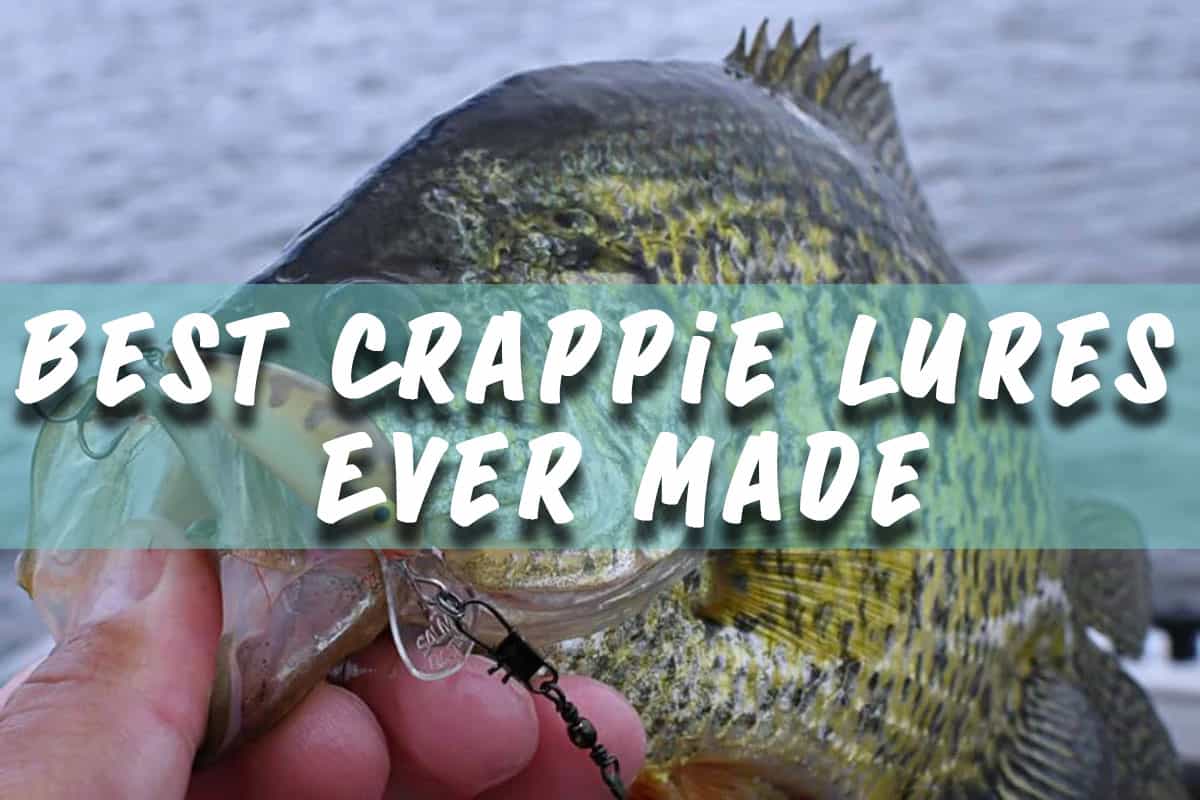
6 Best Crappie Lures Ever Made
Both white and black crappies are known to be fickle about what they eat. It is not uncommon for this fish to stubbornly prefer a jig of a specific shape, color, size, wiggle, or wobble, and they will do this for seemingly no reason, or at least for reasons that don’t make any sense to humans….
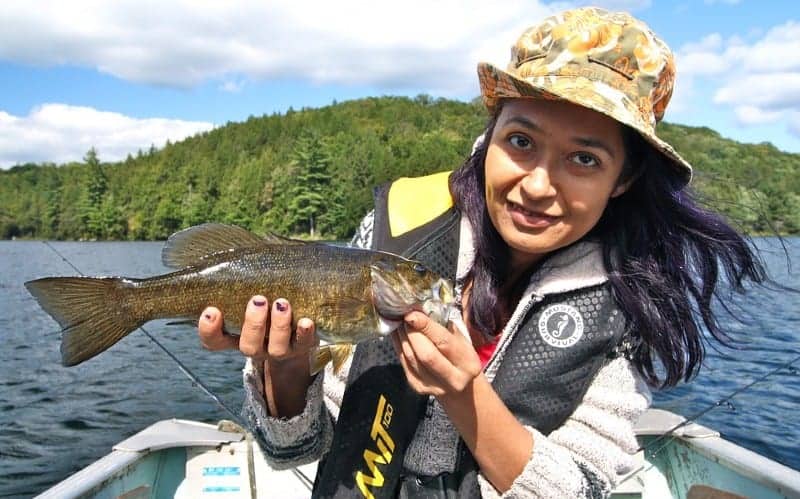
How to Hold a Bass
Learning how to properly hold a bass is a big part of bass fishing. Many bass anglers are quick to get out on the water and reel in a largemouth bass. Unfortunately, they aren’t sure what to do when they land it. You need to know how to hold and handle a bass safely. This…
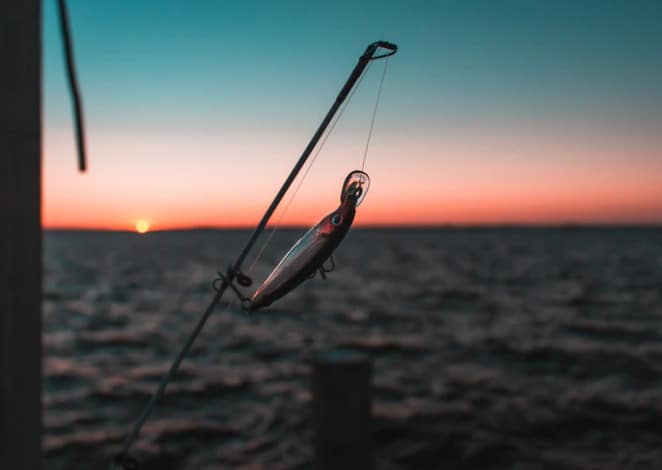
8 Best Saltwater Fishing Lures Guaranteed to Succeed
Regardless of where you fish – offshore or inshore – the best lures are your surest way of bringing home a bountiful catch. If you use the wrong bait for saltwater fishing, your results might not be too far from less than impressive or even frustrating in many cases. But here’s the problem: what options…
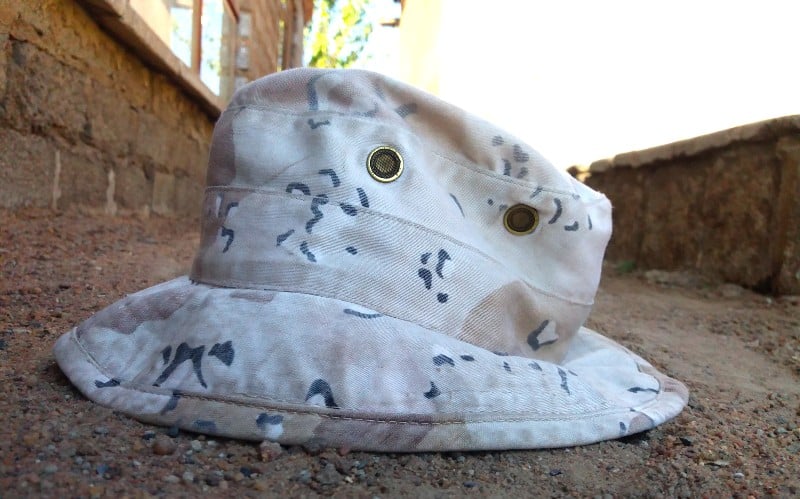
How to Wear a Boonie Hat
Keeping your head protected when you’re fishing, or boating is important. It’s an often overlooked part of preparation, but it shouldn’t be. Wearing a boonie hat can prevent serious sunburn. It also cuts back on glare and can keep your head cool. Your health is important, so you need to take precautions. A good boonie…

What Does Bass Taste Like?
You can find fresh bass on restaurant menus around the country depending on the time of year. Bass are some of the most delicious freshwater gamefish in North America. Be it largemouth bass, smallmouth bass, or the highly prized black sea bass, they are in demand. People can’t seem to get enough of the tender…
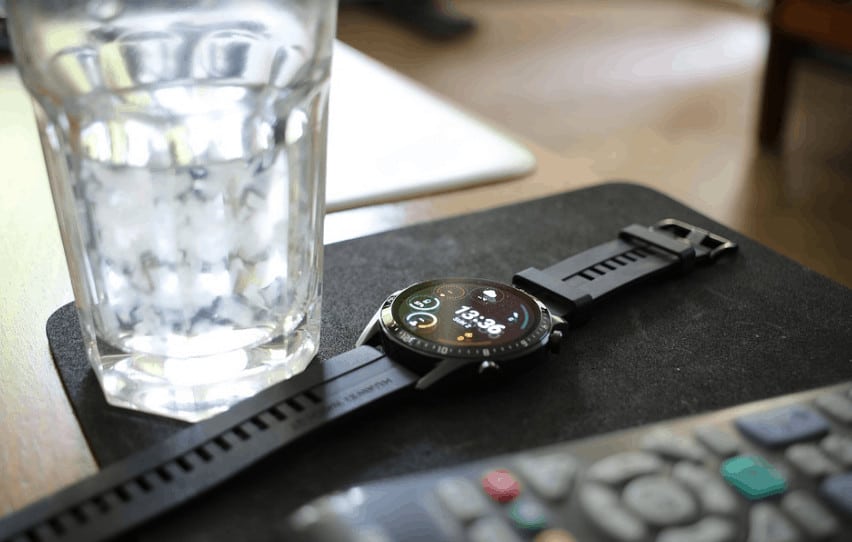
Best Waterproof Smartwatch of 2024: Review and Buying Guide
Smartwatches are relatively new in the consumer electronics industry compared to digital wristwatches. But these smart devices are skyrocketing in popularity. An estimated 20.1 million units were sold in the US in 2019 alone. The thing is, almost every piece of these smart timepieces are waterproof to some extent. Unfortunately, you can’t wear just any…
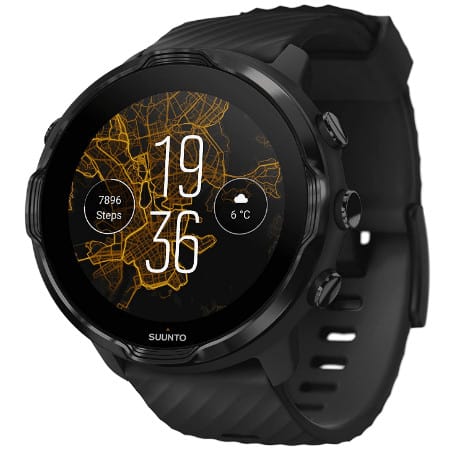
Ranking The Best GPS Watches for 2024
Smartwatches are not created equal. While some can include basic apps that will meet the everyday user’s needs, only a dedicated GPS sports watch will provide the type of useful data required to help elite and amateur athletes achieve their training goals. Apart from seamlessly interfacing with smartphones and providing basic notifications, the best GPS…
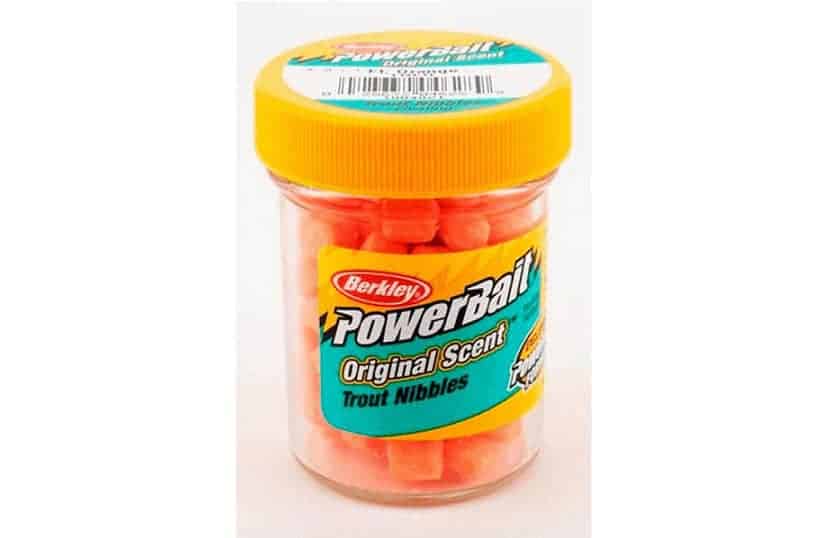
Berkley PowerBait: Which Should You Use?
With so many artificial baits to choose from, it can be hard to know which ones are worth trying and which ones should be overlooked. Berkley PowerBait has been around for many years, but because there are so many options of artificial tackle to choose from, there are still many fishermen who have yet to…
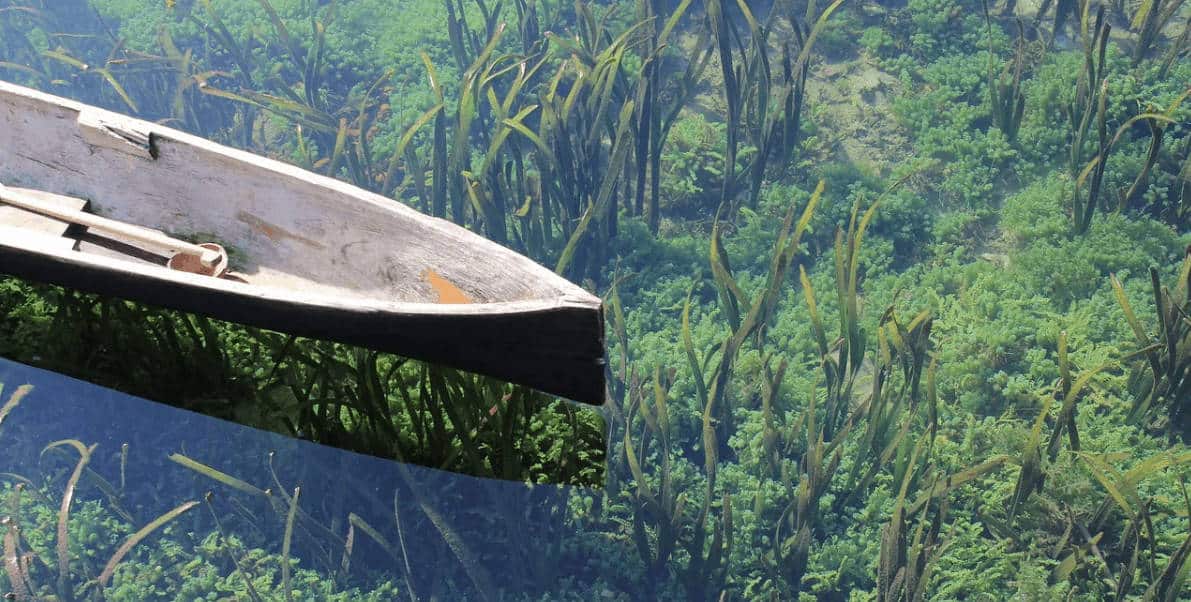
Best Fishing Canoes of 2024
For some, fishing is a way of life. If you’re among this group, or even if you’re just a hobbyist, then you might be interested in the unique experiences offered by a fishing canoe. A canoe is a great way to slow things down, and an accessible way for anyone to head out on the…
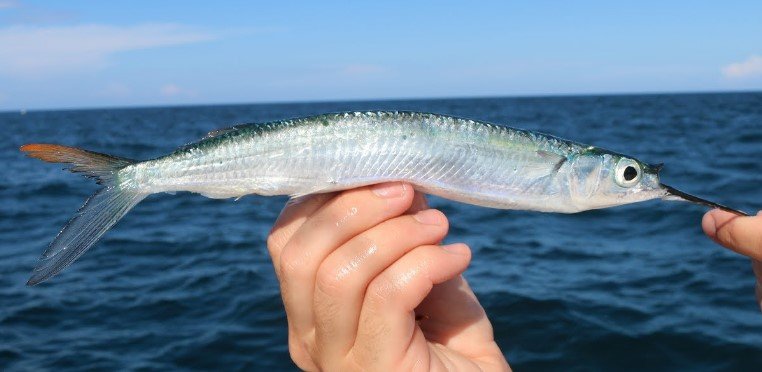
Ballyhoo Fish 101: Ultimate Guide
There’s a good chance you have seen ballyhoo fish and likely not realized it. Ballyhoo fish are small halfbeak fish that skip across the water when being chased by predatory fish. Even though this helps the ballyhoo fish to escape, it also brings attention to other predatory fish nearby. This is bad news for the…
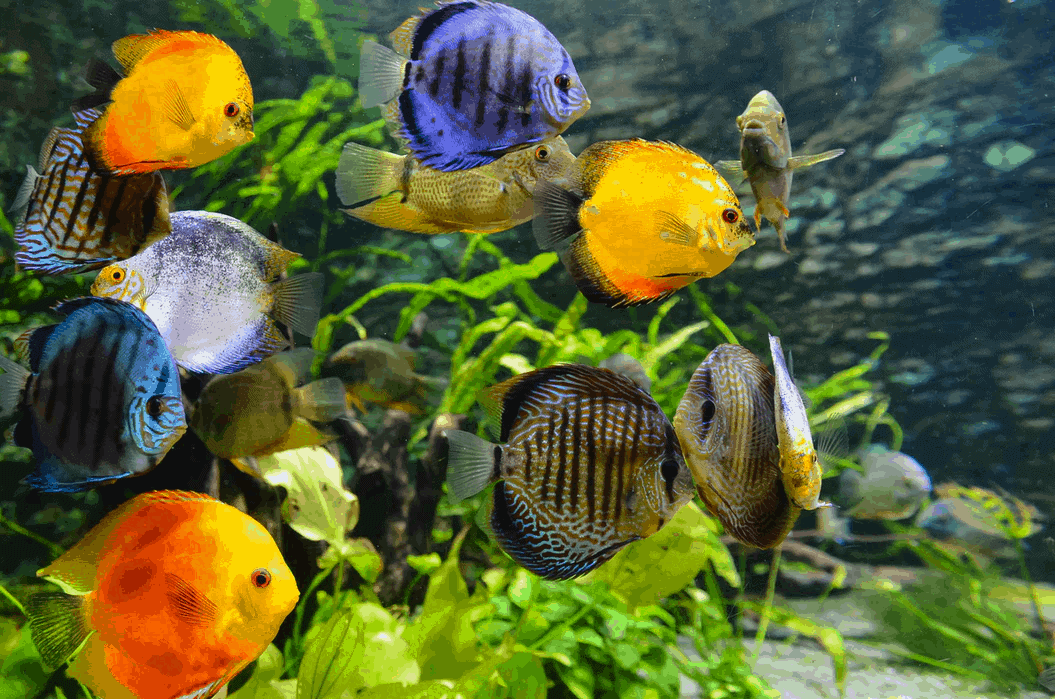
Can Fish Drown in Water?
Drown and suffocate are often used interchangeably when they really have two different meanings. To drown means to die from a lack of oxygen through inhaling water, typically due to being submerged in water. To suffocate means to die from lack of air or being unable to breathe. While they are similar emergencies that both relate to…
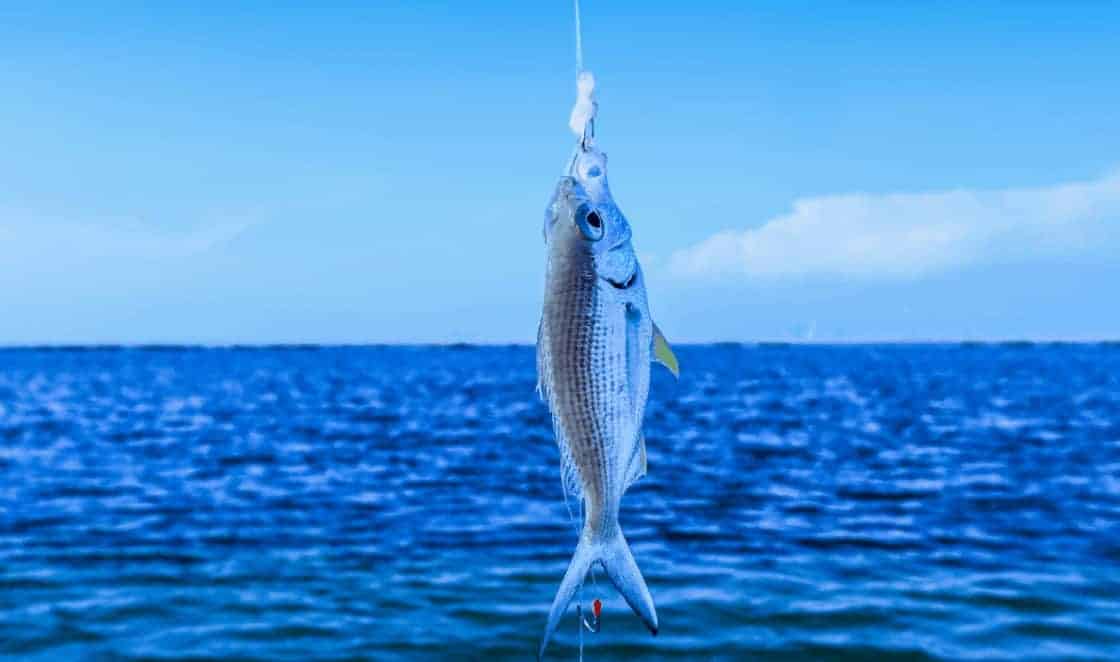
Best Tasting Freshwater Fish to Eat
If you like to fish for food, then taste is always going to be one of your top concerns. In this article, we’re checking out the tastiest freshwater fish! Fishing is a sustainable and natural way to gather your own food, and few things are more satisfying than serving up a meal made with fresh…
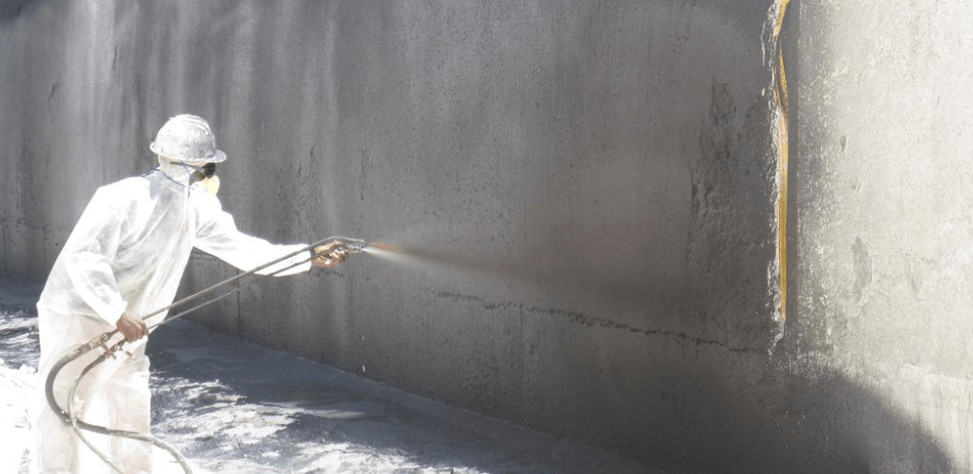
10 Best Waterproofing Sprays
A boat is a big investment, and you want to do everything in your power to keep that investment safe. In this article, we’re checking out an oft-overlooked product for keeping your boat safe and dry – waterproofing spray. Waterproofing spray is an essential tool for extending the life of your boat cover. We’ll start…
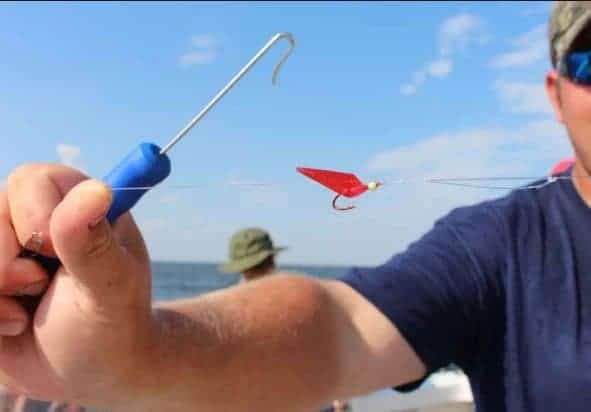
Ultimate Guide to Sabiki Rigs and How To Use Them
The Sabiki rig is a cutting edge fishing technique that was first used for baitfish angling in Asia. Sabiki rigs have grown to be known as flasher rigs by a great section of the fishing community. They are the absolute fishing tackle and are now employed all over the world. The rig consists of flies…
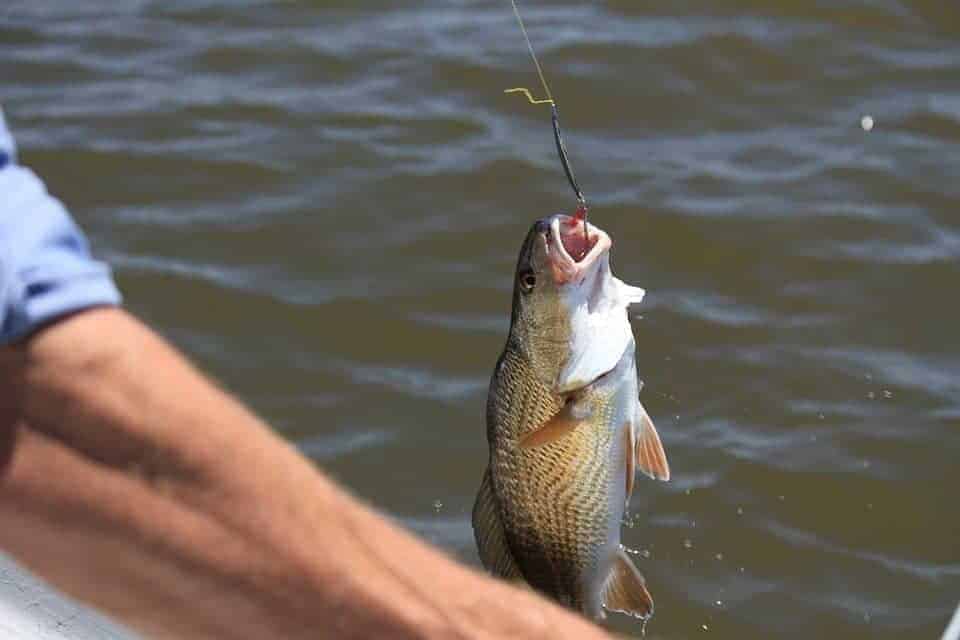
How to Tie Braided Fishing Line to Monofilament or Fluorocarbon
Have you been wondering how to tie a braided fishing line to monofilament or fluorocarbon? There is a very good chance that you have; every avid angler asks themselves such questions. There is also a very good chance that the very next question you asked yourself after that is, “why do I need to learn…
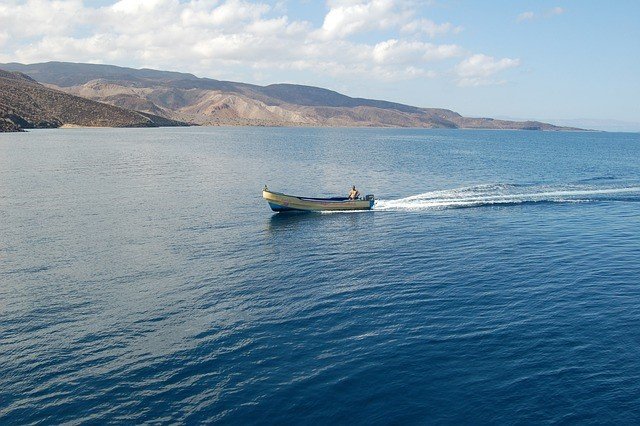
How To Find The Thermocline For Better FIshing
What is Thermocline? To understand the thermoclines, you need to understand the term fully: it’s a combination of two words, “thermal,” which means heat, and “cline,” which means a layer of degradation. Thermocline is a transitional barrier or layer of water in which the water temperature changes rapidly and is very different from the warmer…
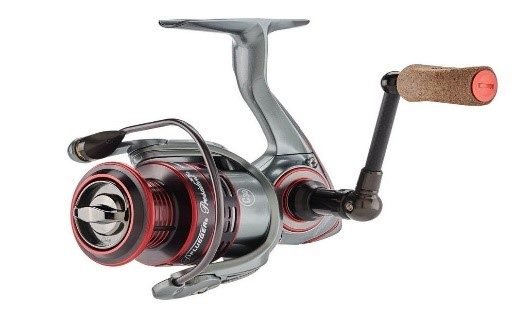
Pflueger President Spinning Reel Review
A spinning reel is a must-have for all anglers, regardless of their experience levels. It is the first thing that pops to mind whenever you think of fishing as it has helped many to learn the basics of fishing. It is very critical to angling since it is the gadget that enables you to pull…

Best Boonie Hats for 2024
The people of Australia know a little something about surviving in the wilderness. Australia offers some of the harshest wilderness in the world. There are scorching hot summers. There are endless deserts. There are raging seas, and wild animals aplenty. So when Australians make gear for surviving outdoors, you can count on it to be…
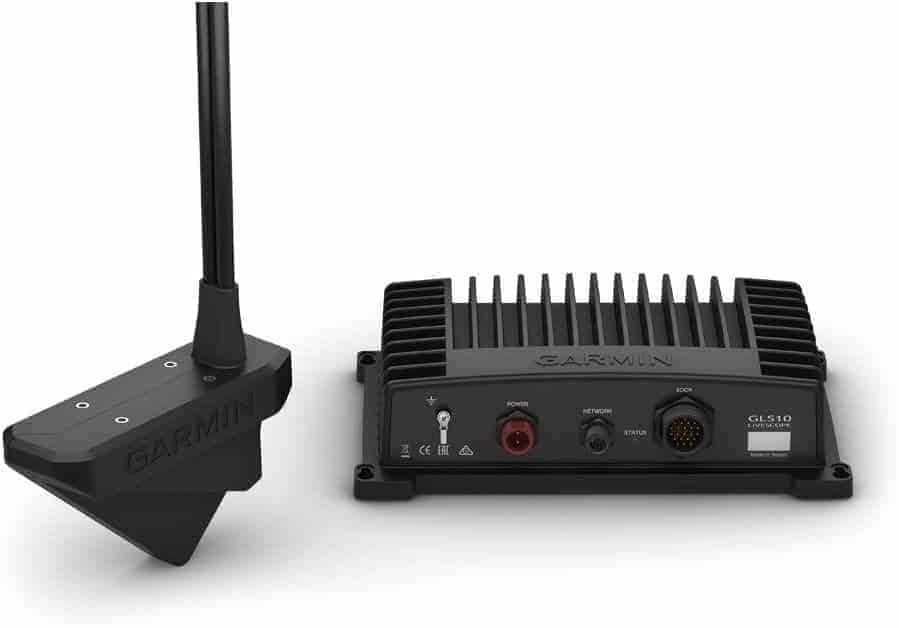
Garmin Livescope Review
When it comes to GPS and fishing technology, very few companies can compare to Garmin International. Not only do they offer excellent fish finding gear and have done so for decades now, but they also give you tech that is easy and fun to use. One of the most outstanding pieces of fishing equipment in…
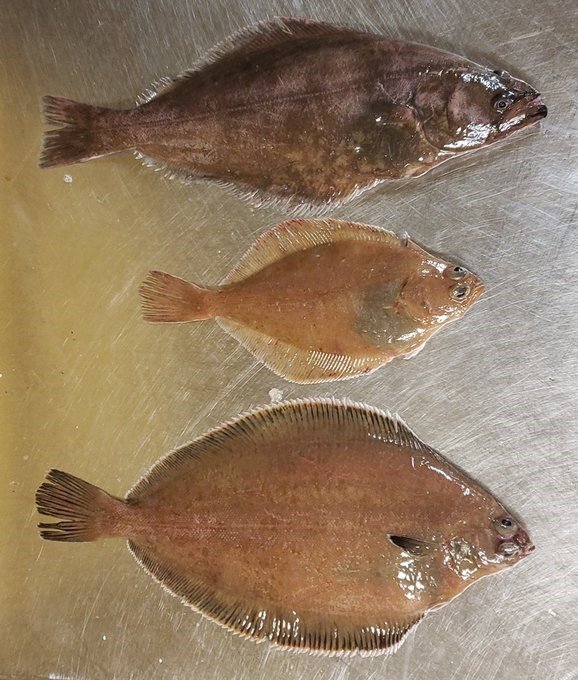
Flounder vs Halibut – All You Need to Know
Avid anglers almost always have an internal competition going among the different “catch of the day” categories. This competition always goes something like this: which is better, red snapper or white snapper? How about largemouth bass vs smallmouth bass? You get the gist; the comparison is between the different types of fish that compare closely…
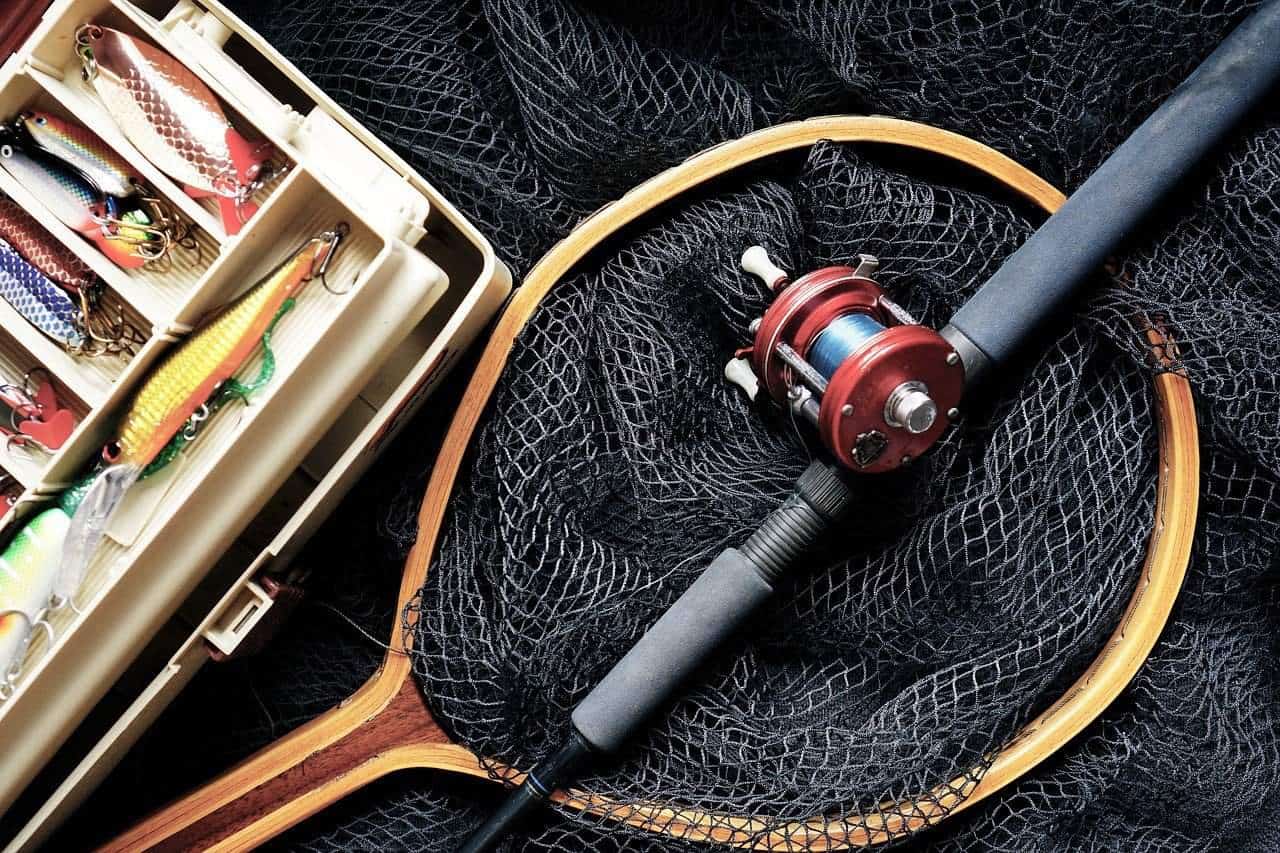
How to Fish – A Beginners Guide
Have you ever wondered what the fuss is all about? Why billions of people across the globe go fishing every now and again? After all, they could just walk into the nearest fish market and buy some of the best and freshest fillets around? Why, then, would someone take the time to learn how to…

Ranking the Best Rain Ponchos for 2024
Part of enjoying the great outdoors is adapting to the weather. It can be unpredictable at the best of times. If you’re planning on spending any amount of time on a boat or camping you’re going to need protection from the rain. A good rain poncho can keep you warm and dry without taking up…
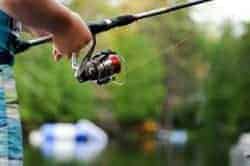
Best Braided Fishing Line – Top 8 Options for 2024
Want to catch more fish? You’ll need to get your hands on the best braided fishing line the market has to offer. Whoa… Okay, that sounded like a bad 90s commercial. But that doesn’t take away from the fact that it’s true. If you’re a monofilament purist, listen up: You might be missing out on…
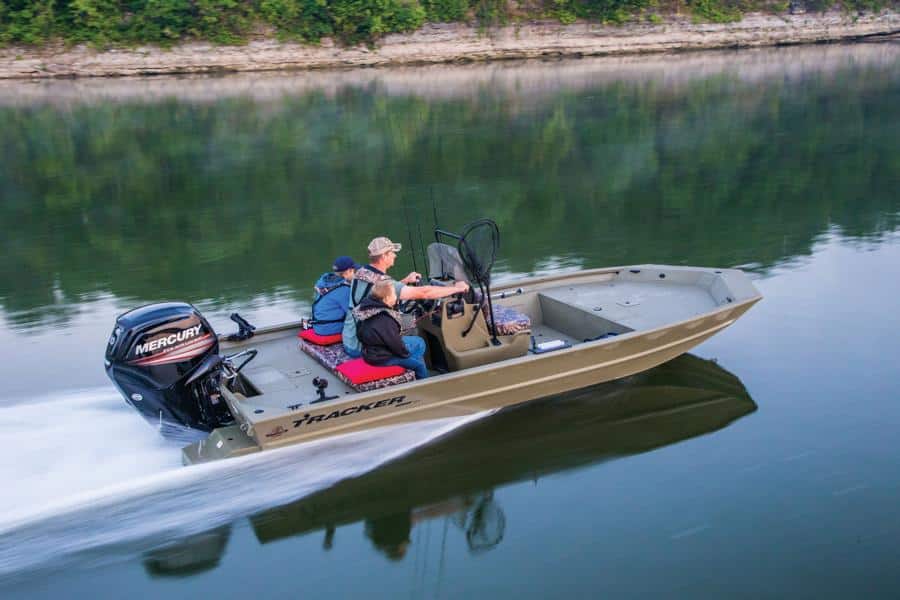
Best Aluminum Fishing Boats – Top 10 Picks for 2024
If you’re in the market for a new fishing boat and aren’t quite sure which one to get, have you considered buying an aluminum vessel? For one thing, they’re cheap; certainly cheaper than getting any of the ones made from fiberglass. They are also quite light – a feature you’ll soon appreciate the moment you…

Reviewing The Best Fishing Rigs of 2024
The best fishing rig is not one individual rig, but instead, it is the best fishing rig for the type of fishing you are trying to do. What may work as a great bass rig may not be good for a crappie rig, and vice versa. To know what fishing rig to use, you will…
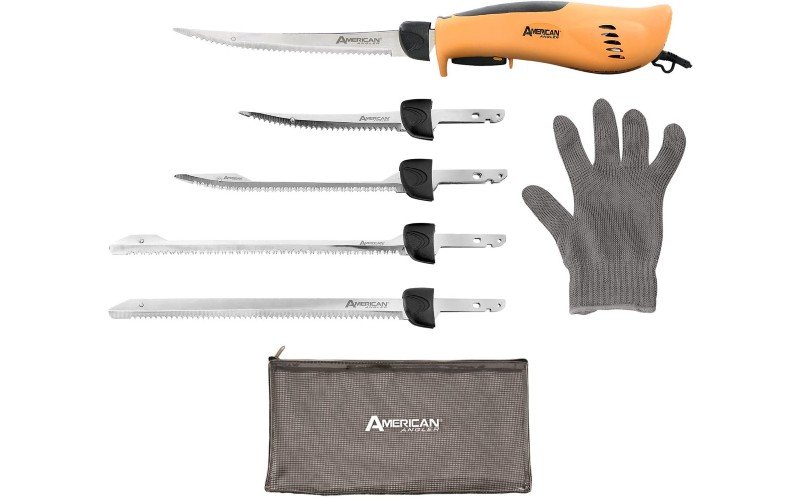
Reviewing The Best Electric Fillet Knives of 2024
As much fun as fishing is, cleaning your fish afterwards is not everyone’s favorite hobby. It takes time and effort and gets messy. The last time you have to spend cleaning your fish, the more times you can spend fishing. That’s why an electric fillet knife is going to be your best bet for cleaning…


